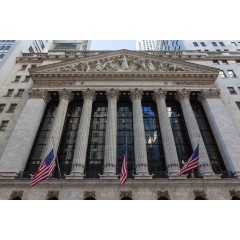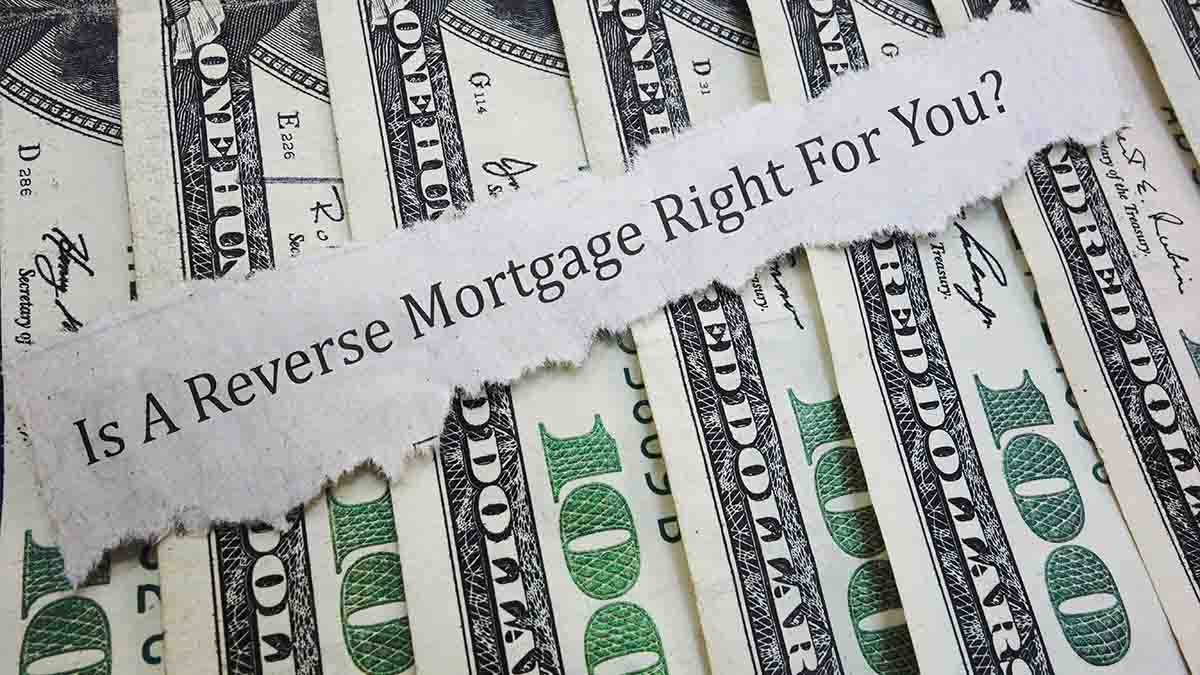Spotlight
Finance
Technology
Generative AI offers exciting new ways for video game developers to create engaging content, realistic…
Join our mailing list
Get the latest finance, business, and tech news and updates directly to your inbox.
Top Stories
A retired public school teacher living in the Pacific Northwest told MarketWatch that he is…
United Airlines suffered $200 million in losses during the first quarter — which it blamed…
Raymond James Financial Services Advisors Inc. lessened its stake in shares of Synovus Financial Corp.…
Several Google employees were arrested and placed on administrative leave late Tuesday after staging 10-hour…
NPR correspondent Uri Berliner, who was suspended without pay after calling out the radio broadcaster’s…
As the staggering number of opioid overdoses and deaths continue to increase, so does the…
InnovationRx is your weekly digest of healthcare news. To get it in your inbox, subscribe…
Sales of superyachts — luxury boats more than 100 feet long — fell 17% in…
Lots has been made over the last few years about CVS’s acquisition of Oak Street…
Sequoia Financial Advisors LLC lowered its stake in shares of Fifth Third Bancorp (NASDAQ:FITB –…
Google has fired 28 employees over their participation in a 10-hour sit-in at the search…
Looking for Wednesday’s Wordle hints, clues and answer? You can find them here: It’s Thor’s…









































